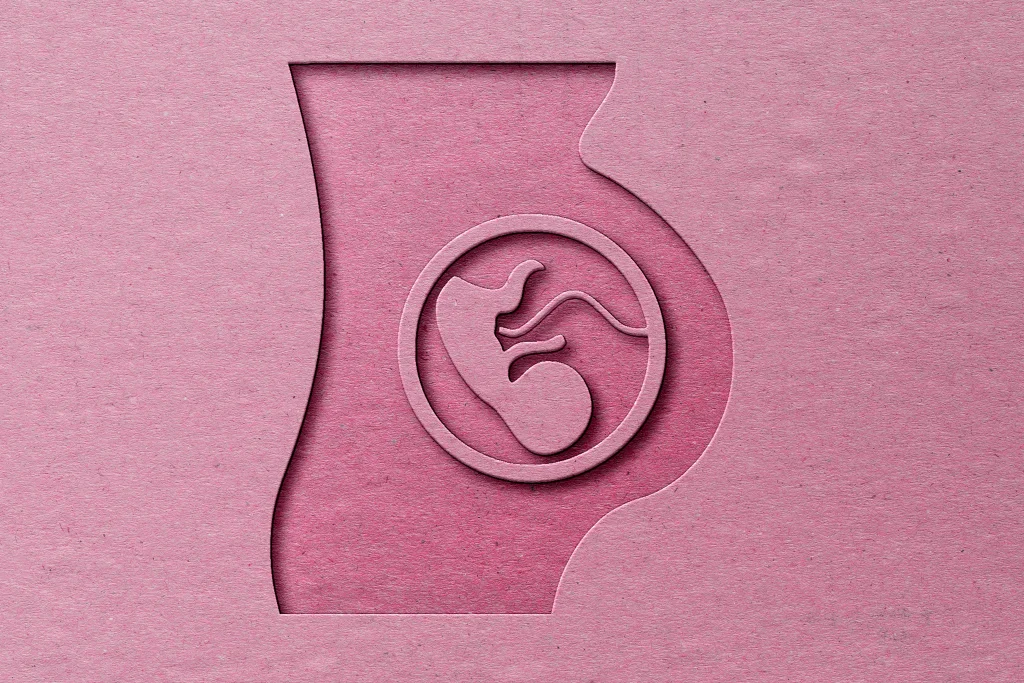Pregnancy should be a joyous journey, but for many, complications turn it into a nightmare. Healthy marathoner Lindsay Orr experienced severe health issues during her pregnancy, including preeclampsia. This condition forced an early delivery and left lasting effects on her health. The prevalence of such issues unveils a crisis in maternal care demanding urgent action.
Complications like preeclampsia are unfortunately common, affecting one in five pregnancies. They strike without warning, causing severe stress and health risks for both mother and baby. The U.S. faces alarming rates of maternal health issues, indicating a pressing need for change in the prenatal care model. Innovative, personalized care could be the key.
The Outdated Prenatal Model
The prenatal care model has seen little change in the past century. Obstetrics remains underfunded, despite rising preeclampsia rates and record-high preterm births. The outdated model relies on generalized risk factors like age and BMI, failing to identify true high-risk pregnancies. This leaves care providers struggling to deliver effective, personalized care.
The Limitations of Generalized Risk Factors
Relying on moderate risk factors like age, socioeconomic status, and BMI is proving inadequate. Tragically, 80% of pregnancies include these risk factors, yet most proceed without issues. Conversely, many women without these indicators develop severe complications. Clearly, the current indicators fall short in predicting true risks.
Without better-targeted methods, mothers and doctors remain in the dark, with no clear signals to guide personalized care plans. The lack of precise risk assessment contributes to unnecessary stress and complications, showing a dire need for improvement.
Exploring the Biological Approach
Science offers new hope through biological insights into pregnancy. Mirvie’s groundbreaking study involves nearly 11,000 diverse pregnancies, unlocking previously unknown details. By collecting vast biological data, the study aims to accurately predict risks months ahead, marking a potential shift in prenatal care.
Data from thousands of RNA transcripts and clinical details form a robust foundation for future personalized medicine. This approach enables doctors to replace outdated methods with precise, biology-driven care models tailored to each pregnancy’s unique characteristics.
These insights highlight a path forward for obstetrics, similar to breakthroughs in other medical fields. Personalization can transform care, helping prevent crises like preeclampsia and improving health outcomes for mothers and babies. This marks a pivotal moment in pregnancy health care.
The Promise of Personalized Medicine
Personalized medicine is not new, thriving in oncology and cardiology. Applying it to obstetrics could revolutionize maternal care. With better prediction of pregnancy risks, mothers can proactively manage their health, reducing complications and stress.
By understanding an individual’s biology, doctors can recommend targeted lifestyle changes, medications, and monitoring plans. This proactive approach can prevent severe outcomes and foster healthier pregnancies, paving the way for a new era in maternal health care.
A Vision for the Future
The potential impact of personalized care extends beyond individual pregnancies. It aims to reverse the current crisis in maternal health by improving outcomes on a broader scale. With advanced insights, health care providers can better support mothers at risk, changing the landscape of prenatal care.
Efforts to standardize personalized approaches in obstetrics signal a commitment to improving maternal and infant health. By leveraging scientific advancements, the future of pregnancy care looks promising, with the hope of preventing the trauma and health impacts experienced by countless women.
Embracing Change in Pregnancy Care
Adopting precision medicine in prenatal care represents a shift towards more effective and responsive health services. It emphasizes the importance of understanding each pregnancy’s unique biological makeup to deliver customized care.
The collaboration between data science and medical practice in this field is particularly exciting. It enables a deeper understanding of the complexities involved in pregnancy, opening doors to innovative treatments and therapies that can drastically reduce complications.
By embracing this change, the medical community can move forward with confidence, armed with the knowledge and tools needed to better predict and manage pregnancy-related health issues.
Moving Towards a Standardized Approach
A standardized approach based on biological insights can redefine prenatal care. The focus is on utilizing molecular data to better understand and mitigate risks, ensuring more mothers receive the proactive care they need.
As the medical community shifts towards this model, the emphasis on research and data-driven decisions becomes paramount. It allows physicians to provide solutions tailored to individual needs, significantly improving the health outcomes for mothers and their children.
Hope for Mothers Everywhere
The prospect of predictive, personalized prenatal care offers solace to expectant mothers worldwide. By identifying risks earlier, health care providers can mitigate them effectively, transforming the pregnancy experience for many.
The hope lies in leveraging advanced insights to create a safer, more predictable journey for mothers and their babies. This transformation promises not only healthier pregnancies but also a brighter future for families everywhere.
A Collaborative Effort
This new era in pregnancy health hinges on collaboration between scientists, clinicians, and families. By joining forces, they can harness biological breakthroughs to inform better care practices.
Continued research and innovation will be critical in refining these approaches and ensuring their global reach. By working together, the path towards improved maternal health becomes clearer, benefitting everyone involved.
The future of pregnancy care shines with promise. With personalized, biology-driven approaches on the horizon, the possibility of healthier pregnancies becomes a reality for many, forging a path to better maternal health.





